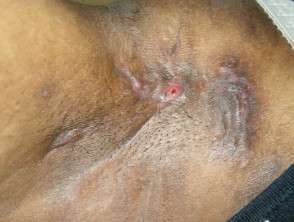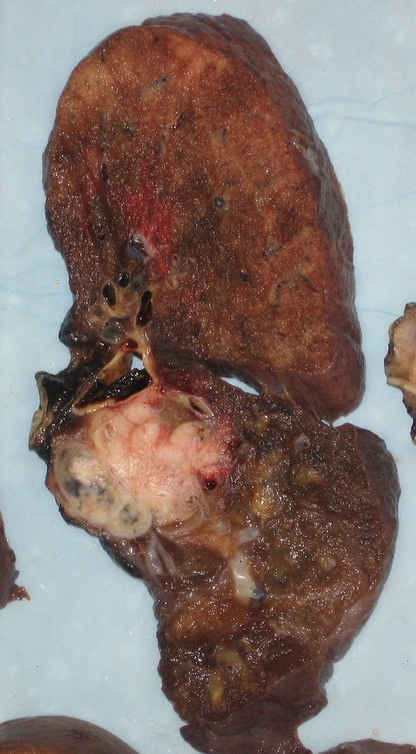This story explores suicide and conditions leading to despair. If you are at risk, please stop here and contact the National Suicide Prevention Lifeline for support.
800-273-8255
MedicalResearch.com Interview with:
Daniel George, MSc, PhD
Associate Professor, Department of Humanities
Associate Professor, Department of Public Health Sciences
Penn State
MedicalResearch.com: What is the background for this study? What are the common diseases of despair?
Response: Last decade, two Princeton economists, Anne Case and Angus Deaton, noted a precipitous rise in self-harming deaths (suicide, alcoholism, accidental poisonings, i.e., overdose) especially among poor whites in midlife with low educational attainment since the 1990s. These deaths were intimately linked with economic changes over the past several decades that have created more despairing conditions for the working class, made people more susceptible to seeking escape, numbness, and relief from physical, mental, and emotional pain. In recent years, the crisis has broadened, and we've seen rising excess mortality in other groups of working-class Americans as overall life expectancy has consistently fallen.
Our team at Penn State College of Medicine and Highmark Inc. has previously examined “diseases of despair”, these being patients who are experiencing suicidal ideation or substance use issues and seeking out clinical care before they convert to "deaths of despair". We published a study in
BMJ in 2020 showing a marked rise in these clinical diseases of despair across a sample of 12 million insurance carriers in Appalachia and the Rust Belt, again spanning across demographic boundaries. For this study, we honed in on high prevalence census blocks we had identified in our hospital's service area in central Pennsylvania and organized 4 focus groups in both rural and urban areas. We wanted to learn more about what people felt was driving despair in their communities, and what solutions might look like
(more…)










 Response: Point-of-care ultrasound is one of the most significant advances in bedside patient care, and its use is expanding across nearly all fields of medicine. In order to best prepare medical students for residency and beyond, it is imperative to begin POCUS training as early as possible. At the Lewis Katz School of Medicine at Temple University, we introduced POCUS education over a decade ago and have expanded it since then.
By providing each student with a Butterfly iQ device, we can augment our curriculum significantly. In addition to our robust pre-clinical sessions, now we will expand into the clinical years highlighting the utility of POCUS with actual patients.
This gift was made possible by the incredible generosity of Dr. Ronald Salvitti, MD ’63.
Response: Point-of-care ultrasound is one of the most significant advances in bedside patient care, and its use is expanding across nearly all fields of medicine. In order to best prepare medical students for residency and beyond, it is imperative to begin POCUS training as early as possible. At the Lewis Katz School of Medicine at Temple University, we introduced POCUS education over a decade ago and have expanded it since then.
By providing each student with a Butterfly iQ device, we can augment our curriculum significantly. In addition to our robust pre-clinical sessions, now we will expand into the clinical years highlighting the utility of POCUS with actual patients.
This gift was made possible by the incredible generosity of Dr. Ronald Salvitti, MD ’63. 

















 MedicalResearch.com Interview with:
Eleonora Leucci, Ph.D Assistant Professor
Laboratory for RNA Cancer Biology
Department of Oncology
KU Leuven
MedicalResearch.com: What is the background for this study?
Response: Back in 2016, while I was characterising the RNA SAMMSON as essential for mitochondrial translation in melanoma, I noticed that its inhibition was causing cell death across a large spectrum of melanoma cell lines and models, irrespectively of their genetic background and cell state. At that time I still did not know why the effect was so pronounced on melanoma cells, but I knew that antibiotics of the tetracycline family could also block mitochondrial translation and I thought about repurposing them to treat melanoma.
MedicalResearch.com Interview with:
Eleonora Leucci, Ph.D Assistant Professor
Laboratory for RNA Cancer Biology
Department of Oncology
KU Leuven
MedicalResearch.com: What is the background for this study?
Response: Back in 2016, while I was characterising the RNA SAMMSON as essential for mitochondrial translation in melanoma, I noticed that its inhibition was causing cell death across a large spectrum of melanoma cell lines and models, irrespectively of their genetic background and cell state. At that time I still did not know why the effect was so pronounced on melanoma cells, but I knew that antibiotics of the tetracycline family could also block mitochondrial translation and I thought about repurposing them to treat melanoma.

